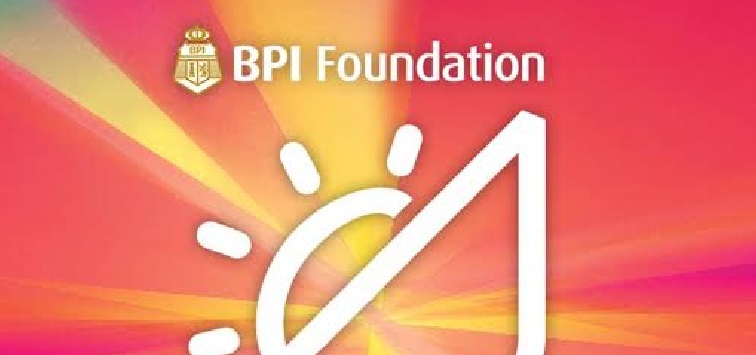The BPI Foundation launched its iconic program, BPI Sinag Business Challenge for 2016. Bigger and bolder, the BPI Sinag 2016 is launching two new categories this year: BPI Sinag U for University students, and BPI Sinag Accelerate.
The BPI Sinag Business Challenge supports social enterprises, or businesses with the triple bottom line – people, planet, and profit. The program aims to identify and assist the development of new business models to solve either a social or environmental problem.

“We have decided to support social enterprises as they have proven to be among the most effective channels to promote inclusive growth,” said BPI Foundation executive director Fidelina Corcuera. “By applying commercial methods to address problems in society, they are not only able to deliver great social impact and make a difference in people’s lives and the environment, they are able to do so in a financially sustainable manner.”
Economic growth felt by everyone
Social enterprises are also a great way to engage more Filipinos in a shared commitment to make the country’s strong economic growth felt by every member of society, especially the poor and marginalized.
“The Philippines recently posted a 6.9% gross domestic product (GDP) growth for the first quarter of 2016, outpacing the performance of its neighbors to be the region’s fastest growing economy. However, while the country’s sustained economic growth over the past years has been inspiring, there is still a lot more to be done, as millions of Filipinos are still poor and struggling,” said Corcuera. “For the Philippines to prosper, it needs help from all sectors to make its economic growth felt even by those at the bottom of the pyramid.”
Building on its success last year, BPI Sinag is expanding its program and partnerships to ensure a bigger impact by launching two distinct categories.
Challenging University Students with BPI Sinag U
The first category, BPI Sinag U, is directed at inspiring student entrepreneurs. Together with the Ateneo Center for Social Entrepreneurship (ACSENT) as its technical partner, the program will engage selected universities across the country to encourage and select student entrepreneurs with the best business ideas to submit their business plans, and become eligible to participate in regional and national boot-camps, mentorship programs and finalists to receive seed funding to make their social enterprise a reality.
“When we first invited millennials last year to share their social enterprise ideas as part of BPI Sinag 2015, we were encouraged by the immense energy, creativity, dedication, and heart exhibited by our participants,” said Corcuera. “This was our inspiration to create a category for university students for the 2016 round. We hope to fuel their passion for social change while they are still young, and provide guidance, tools, and networks so that they can transform their ideas into viable and sustainable social enterprises.”
BPI Sinag Accelerate for Community Development
Whilst the BPI Sinag U aims capture the youth whilst they are in their senior year of school and in the idea-stage, the second category, BPI Sinag Accelerate, aims to give the extra boost to accelerate and scale existing social enterprises that are duly-registered and have at least two years in operation. The BPI Sinag Accelerate targets social entrepreneurs up to the age of 45 years.
BPI Sinag Accelerate enables the BPI Foundation to expand its partnership and collaborate with the Peace and Equity Foundation (PEF) to reach a wider network of start-up social entrepreneurs whose enterprises focus on new business models that address social and environmental problems, particularly in agri-based communities, coastal communities, and other marginalized sectors across the archipelago. Included in this, will be a special focus on Muslim entrepreneurs, since their investment requirements, such as Islamic compliant finance offer new models in enterprise development.
What is at stake?
Both BPI Sinag U and BPI Sinag Accelerate will offer their respective participants targeted mentorship programs through regional and national boot-camps, industry networks, and access to the appropriate financing options such as seed funding grants, debt and equity.
Those who wish to learn more about social entrepreneurship or who wish to find out how to be part of either program can visit http://sinag.bpifoundation.org/.


